Ethical Considerations in Research: End vs. Means - Psychology Essay
VerifiedAdded on 2023/01/20
|5
|866
|59
Essay
AI Summary
This essay examines the contention that the end never justifies the means in research involving human subjects. It begins by introducing the deontological perspective, emphasizing the importance of ethical guidelines to maintain societal peace. The discussion explores how utilitarian and consequentialist viewpoints can lead to the justification of harmful activities, using examples such as manipulation and misleading decisions in criminal activities. The essay argues that prioritizing the end result can mask unethical practices and lead to unforeseeable and misleading outcomes, highlighting the importance of evaluating the entire research process rather than focusing solely on the conclusion. The essay references various academic sources to support its arguments, emphasizing the need for ethical considerations to prevent vexation and ensure responsible research practices. The essay concludes by reinforcing the importance of upholding ethical standards in research.
1 out of 5
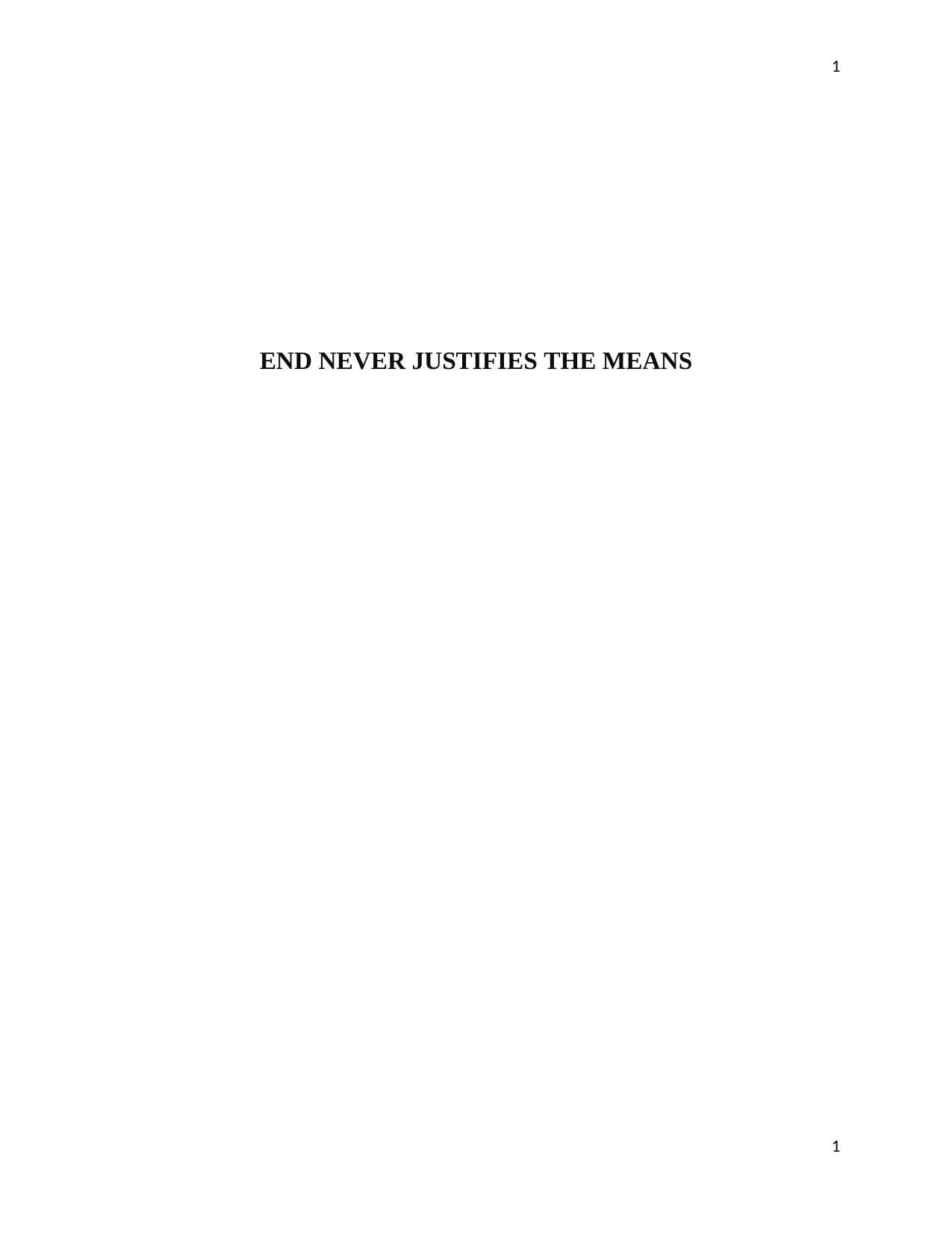
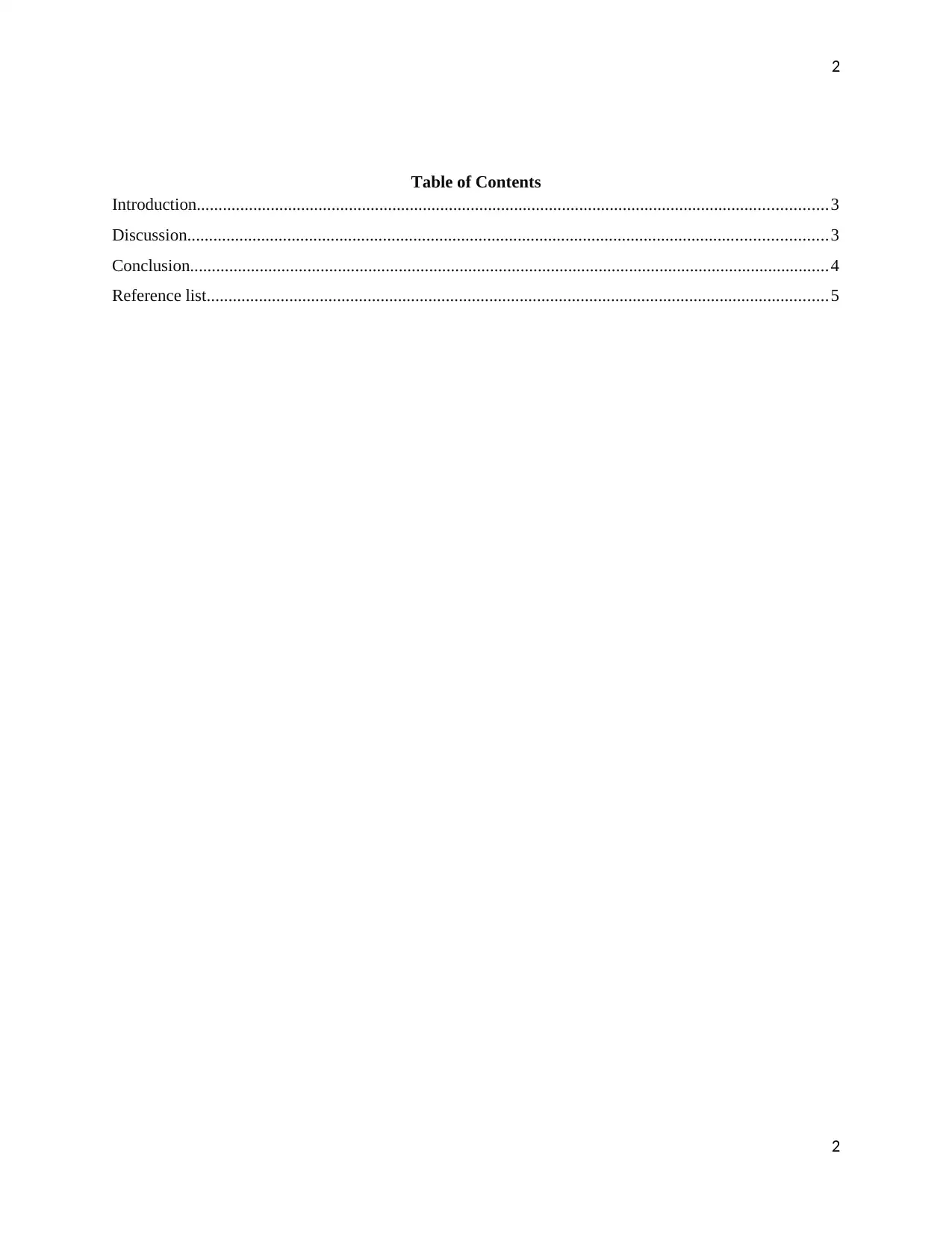
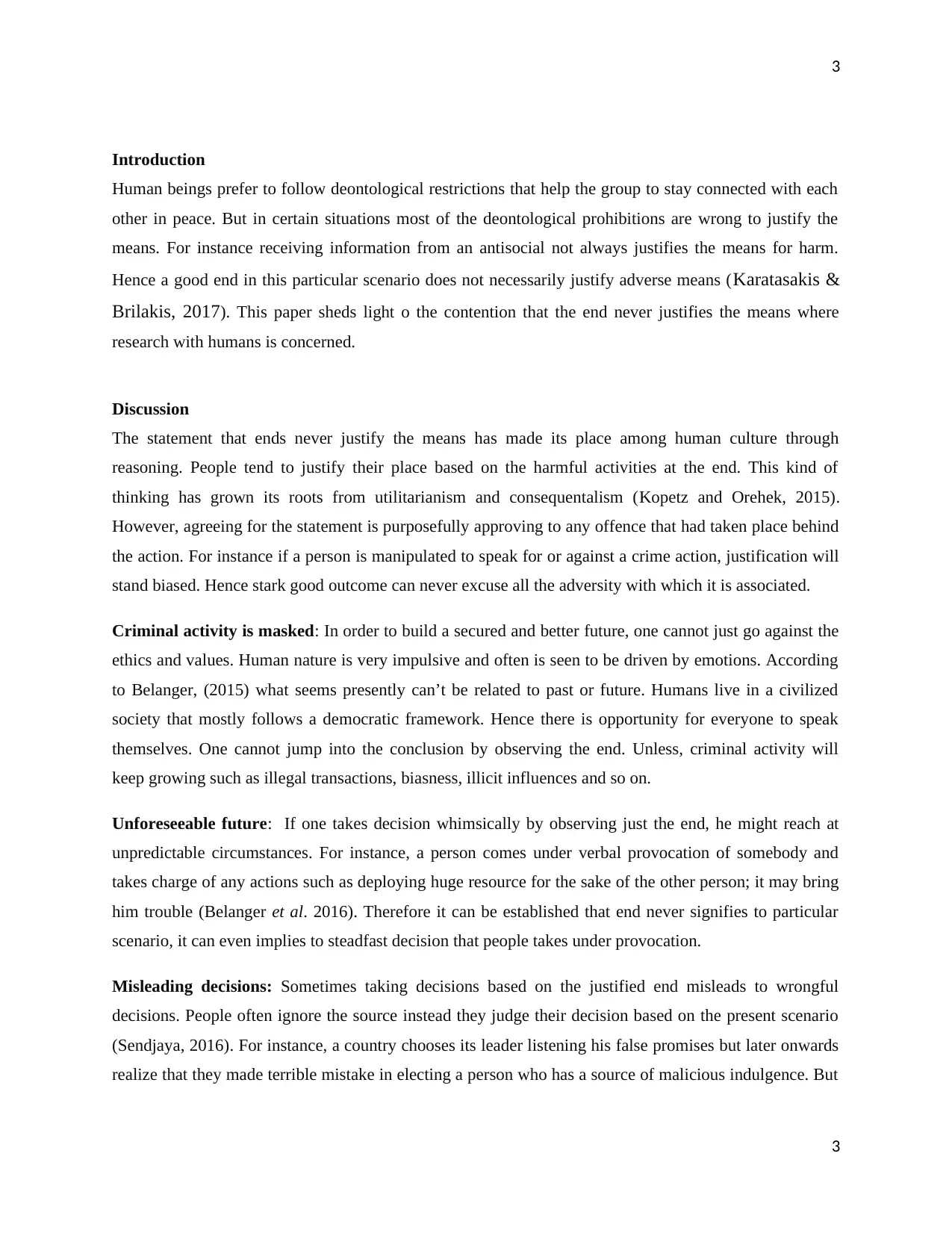

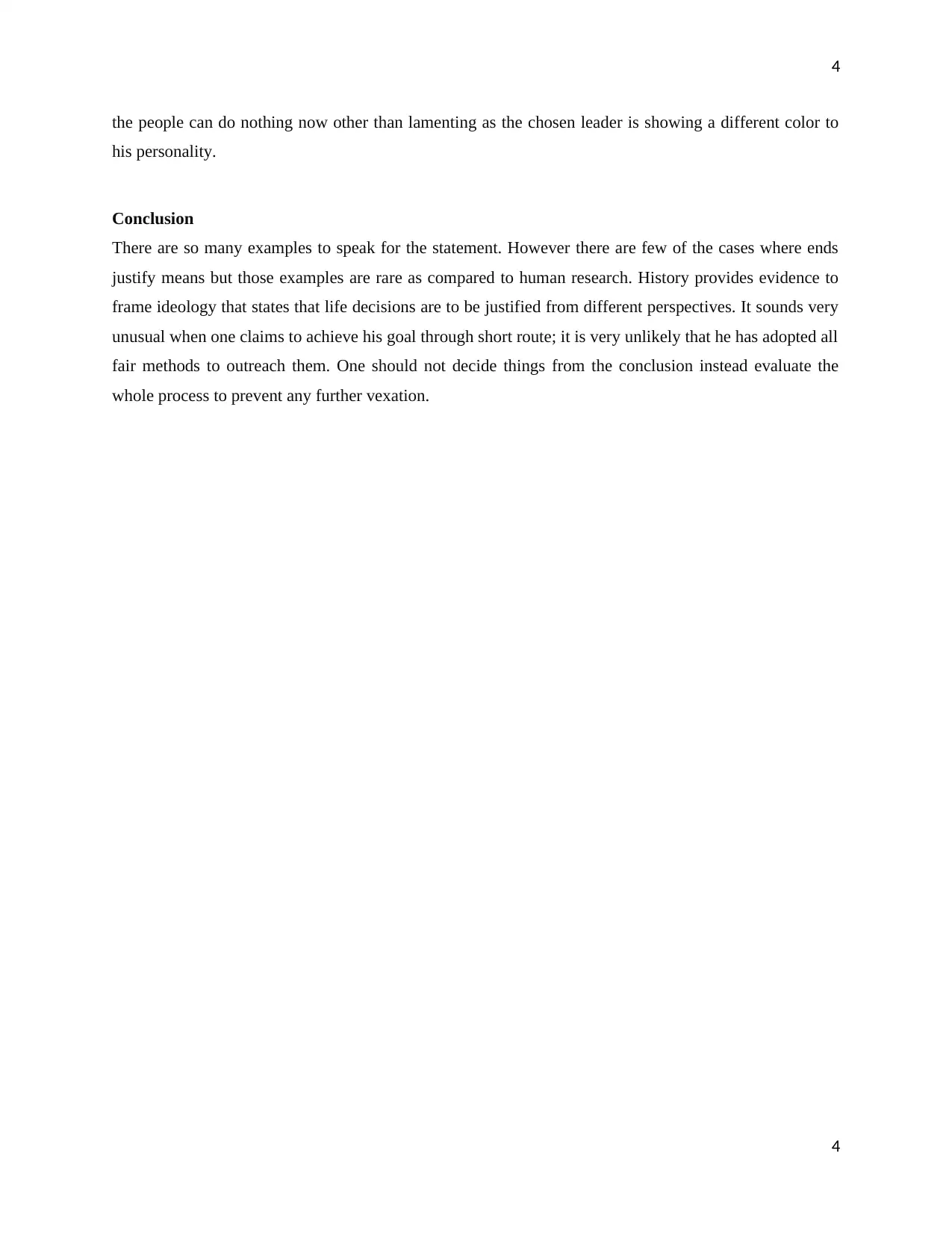
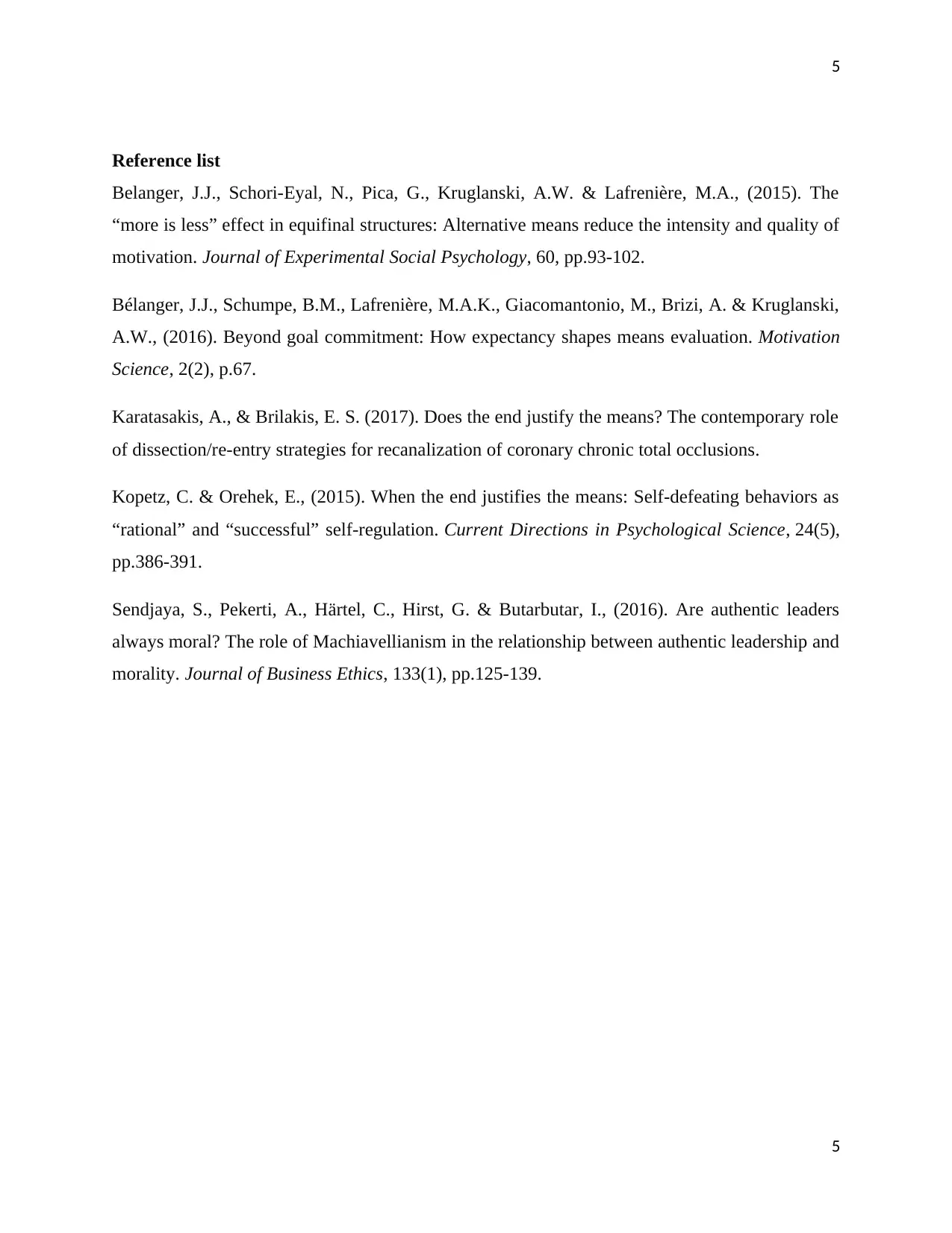



![[object Object]](/_next/static/media/star-bottom.7253800d.svg)